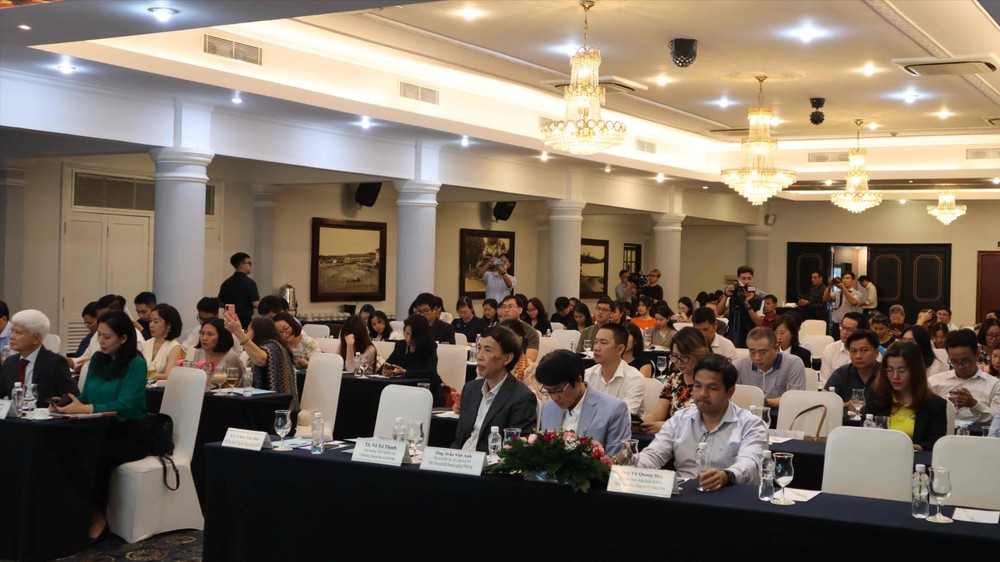
That was heard at a conference organized by Ho Chi Minh City Investment and Trade Promotion Center (ITPC) in collaboration with Vietnam International Arbitration Center (VIAC) with the participation of 200 economic experts and businesses on July 4.
During the conference, Deputy Director Ho Thi Quyen of ITPC highlighted that Vietnam’s export turnover has increased significantly in recent years. Statistics show that Vietnam’s import-export turnover in the first six months of 2024 had remarkable features and positive signals.
It is estimated that the Southeast Asian country earned more than US$190 billion, a 14.5-percent increase compared to the same period last year. The trade surplus in goods was estimated at $11.6 billion. It is projected that Ho Chi Minh City alone posted a $22.5 billion turnover, a 13.1-percent increase. This indicates that Vietnam’s export market is expanding.
However, along with this growth, there are significant risks that businesses face due to legal regulations in export markets.
In reality, disputes related to foreign trade and international commodity transactions have consistently topped the list of cases requiring resolution at international arbitration centers. In many of these cases, Vietnamese enterprises find themselves at a disadvantage, unable to adequately protect their rights due to shortcomings in negotiation and contract execution processes.
Lawyer Chau Viet Bac, Deputy Secretary General of VIAC, also gave a general assessment related to enterprises’ recent import-export contracts. According to him, the world is paying great attention to sustainable development goals. Businesses—especially those in the import-export and logistics sectors—are facing various pressures related to technical barriers, environmental concerns, green transitions, and digital transformations.
He said that in the coming time, Vietnam’s import-export landscape will become more differentiated as companies that adapt promptly and respond effectively will seize opportunities and grow robustly. Meanwhile, slower-adapting enterprises may face new challenges due to stricter regulations in target export markets.
To minimize legal risks in import-export activities, companies should pay adequate attention to greening their operations by implementing ESG (Environmental, Social, and Governance) practices which is crucial for building brand reputation and ensuring sustainable development.
Deputy Director Nguyen Huu Nam of the Trade and Industry Association in the Ho Chi Minh City region, emphasizes that businesses need to understand the nature and characteristics of international contracts, including the legal framework governing them, and be aware of potential political and cultural risks.
Additionally, companies should review and assess their contracting capabilities, transaction conditions, and legal regulations in the host country to proactively address any risks that may arise during contract execution. When it comes to dispute resolution, key factors for managing disputes in international trade are the applicable laws and the dispute resolution authorities. To avoid losses during disputes, businesses must exercise caution when drafting provisions related to these above-mentioned matters.
Deputy Director of ITPC Ho Thi Quyen stated that Vietnam needs to continue implementing mechanisms and policies for green transformation, green economic development, and circular economy.
However, this process also needs to be associated with strict compliance with legal regulations and standards set by the markets where businesses export. In this context, businesses need to be proactive and flexible in changing to adapt appropriately to their resources in order to take advantage of opportunities and build advantages from trends.
























